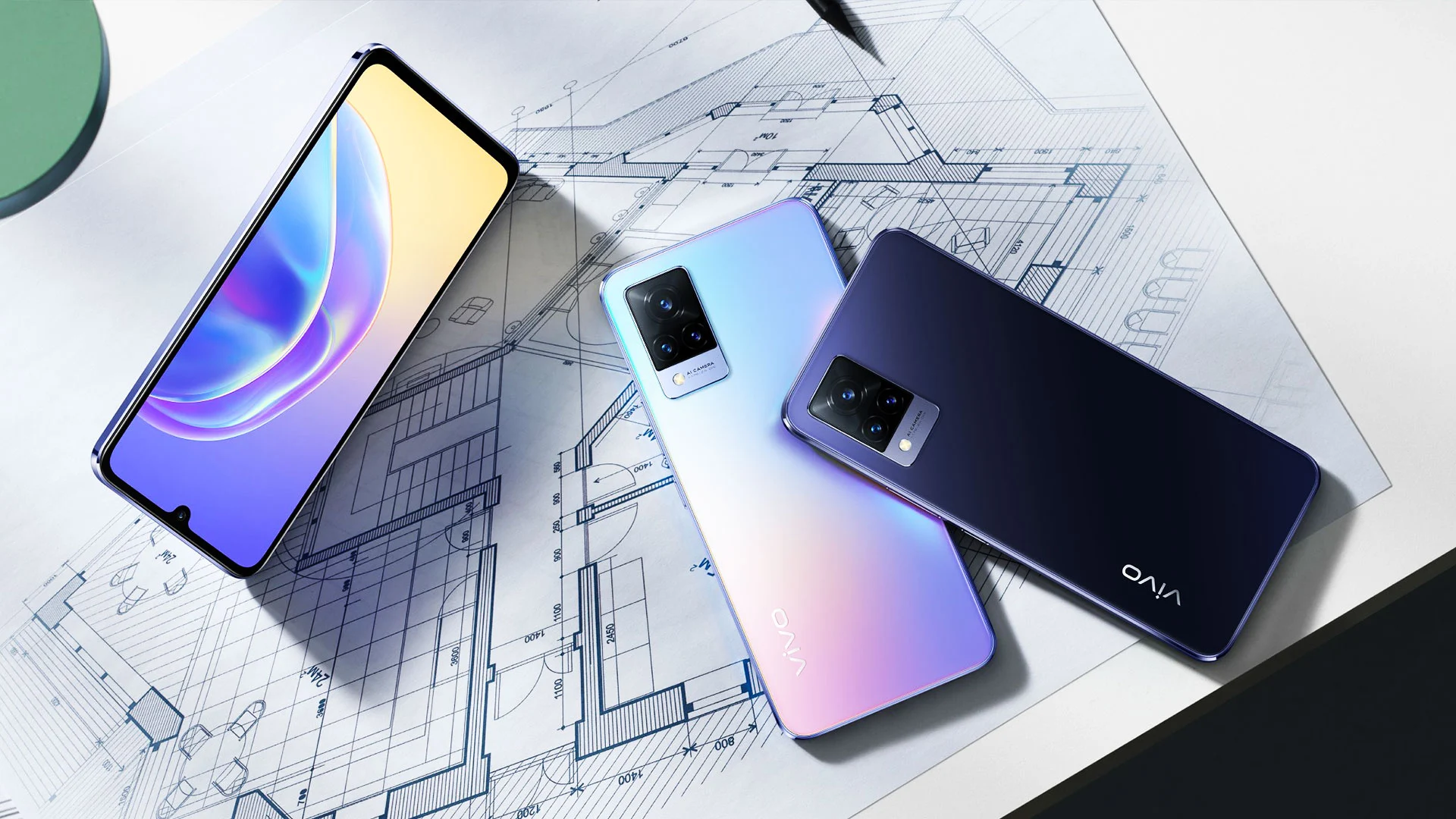With the rapid advancements in technology, one of the most promising and highly anticipated breakthroughs is the introduction of 5G technology. The fifth generation of wireless communication promises to revolutionize the way we interact and exchange information. In this article, we will explore what 5G technology is, its potential impact on communication, and how it can shape the future of various industries.
What is 5G Technology?
5G technology refers to the fifth generation of wireless communication that offers significantly faster speeds, lower latency, increased network capacity, and more reliable connections compared to its predecessors. It utilizes higher frequency bands and advanced technologies to transmit data at faster rates, providing users with a seamless browsing and streaming experience.
Unlike its predecessor, 4G LTE, which primarily focused on providing faster mobile internet speeds, 5G technology aims to revolutionize communication by enabling a wide range of applications beyond just smartphones. It is expected to power the Internet of Things (IoT), autonomous vehicles, smart cities, virtual reality, and much more.
The Impact of 5G on Communication
1. Faster Speeds: 5G technology will enable users to download and upload data at incredibly fast speeds. This means that downloading large files, streaming high-quality videos, and engaging in real-time applications will become much smoother and more efficient.
2. Lower Latency: Latency, the delay between sending and receiving data, will be significantly reduced with 5G technology. This will enhance real-time communication applications, such as video conferencing and online gaming, allowing for seamless and instant interactions.
3. Enhanced Connectivity: 5G networks will have the capacity to support a massive number of devices simultaneously. This will be crucial for the rapidly growing Internet of Things (IoT) ecosystem, enabling seamless connectivity of various smart devices and systems.
4. IoT Advancements: With 5G, the IoT will achieve its true potential. From smart homes and wearable devices to industrial automation and healthcare systems, 5G technology will pave the way for a hyper-connected world where devices can seamlessly communicate and share data.
5. Autonomous Vehicles: The development and mass adoption of autonomous vehicles heavily rely on reliable and ultra-fast communication systems. 5G technology will provide the necessary infrastructure for autonomous vehicles to communicate with each other and share real-time data, improving safety and efficiency on the roads.
The Future of Industries with 5G
1. Healthcare: 5G technology will revolutionize the healthcare industry, enabling remote surgeries, telemedicine, remote patient monitoring, and efficient health data management. Doctors will be able to provide high-quality care to patients in remote areas, irrespective of geographical distances.
2. Entertainment: Enhanced connection speeds and low latency offered by 5G will unlock new possibilities for immersive experiences in the entertainment industry. Virtual reality (VR) and augmented reality (AR) will become even more mainstream, transforming how we consume media and participate in interactive activities.
3. Manufacturing: 5G technology will facilitate the digital transformation of the manufacturing sector. It will enable real-time monitoring of production processes, optimization of supply chains, and efficient deployment of robots and autonomous systems. This will lead to increased productivity, reduced costs, and improved product quality.
4. Transportation: With 5G, the transportation industry will witness a significant transformation. The implementation of smart transportation systems and the integration of 5G connectivity in vehicles will enhance traffic management, enable connected vehicle communication, and provide real-time data on road conditions, thus optimizing transportation efficiency.
Conclusion
5G technology holds immense potential to revolutionize the way we communicate and interact with the world around us. Its impact will extend beyond mobile internet speeds, enabling various industries to leverage advanced technologies and capabilities. As 5G continues to roll out globally, we can expect to witness a new era of connectivity, innovation, and unimaginable opportunities.
Visit https://koreantech.org/whatsapp/ to learn more about 5G technology and its applications.
For more information on technology advancements in Korea, visit https://koreantech.org.
FAQs (Frequently Asked Questions)
Q1: What are the advantages of 5G technology over 4G?
A1: 5G technology offers faster speeds, lower latency, increased network capacity, and improved connectivity compared to 4G. It enables advanced applications beyond mobile internet, such as IoT, autonomous vehicles, and virtual reality.
Q2: How will 5G impact the healthcare industry?
A2: 5G will revolutionize healthcare by enabling remote surgeries, telemedicine, remote patient monitoring, and efficient health data management. It will facilitate high-quality care delivery, even in remote areas.
Q3: Which industries will benefit from 5G the most?
A3: Various industries, including healthcare, entertainment, manufacturing, and transportation, will benefit from 5G technology. It will enable new possibilities, enhance productivity, and optimize processes across multiple sectors.
Q4: How will 5G impact autonomous vehicles?
A4: 5G will provide the necessary infrastructure for autonomous vehicles to communicate with each other and share real-time data. It will improve safety, traffic management, and overall efficiency in the transportation industry.
Q5: Will 5G technology be available worldwide?
A5: 5G is gradually being deployed worldwide, with different countries at varying stages of implementation. It is expected to become more widely available over the coming years.
Q6: How will 5G facilitate the development of smart cities?
A6: 5G will enable the seamless connectivity of various smart devices and systems in smart cities. It will support efficient data exchange, enhance public services, and improve the overall quality of urban life.
Q7: Can 5G technology improve the manufacturing sector?
A7: Yes, 5G technology will facilitate the digital transformation of the manufacturing sector. It will enable real-time monitoring, optimization of supply chains, and efficient deployment of robotics and autonomous systems, leading to increased productivity and cost reductions.
Q8: What will be the impact of 5G on entertainment and media?
A8: 5G will unlock new possibilities for immersive experiences in entertainment, such as virtual reality and augmented reality. It will enhance connection speeds, reduce latency, and transform how we consume media and participate in interactive activities.






